Since we published some thoughts on crypto earlier this year, it’s continued to occupy the news cycle. Over the past few months, we’ve lived through:
- a tweet-fueled $DOGE bump to the tune of *checks notes* about 12,000% (?!),
- an epic crash while Elon Musk hosted Saturday Night Live,
- endlessly unhelpful debates about the viability of NFTs, and
- 5x increase in Google searches for “DeFi.”
We’re real estate investors, not crypto specialists — but we can’t help but notice the topics that shake up the broader financial community. Today, we’re going to take a dive into one of the hottest topics in the crypto community, and we’ll think through some of its potential long-term ramifications for the finance and real estate industries.
What is DeFi?
DeFi is short for “decentralized finance,” an umbrella term referring to a set of efforts and technologies that use crypto and/or blockchain technology to disrupt traditional finance by eliminating institutional obstacles and intermediaries.
How does it work?
Disclaimer: if you’re the sort of person inclined to ask about how the Berlin and London Hard Forks will affect Ethereum gas fees, this section is going to be a little oversimplified.
In their purest form, cryptocurrencies aspire to be, well, currencies — stores of value and media of exchange that permit basically every form of financial activity more sophisticated than “I’ll give you my cow in exchange for your Mercedes.”

But, it didn’t take long for crypto enthusiasts to realize that blockchain technology — the ability to create a decentralized ledger — could be useful for more than just currencies.
DeFi initially was inspired by the development of the Ethereum platform, which is a blockchain network created by a Bitcoin enthusiast who wanted to create a crypto platform which could attach non-crypto assets to the blockchain and permit the development of decentralized applications.
These applications (usually built on the Ethereum software layer, although other blockchain networks are also sometimes used) can be built for a variety of purposes:
- Decentralized lending platforms, which can replace traditional lending institutions like banks with peer-to-peer solutions
- Decentralized exchanges, which permit the trading of digital or traditional securities without the involvement of brokerages
- Stablecoins, which are crypto tokens whose value is tied to a non-crypto currency to mitigate volatility
Blockchain apps can be used for virtually anything (including traditional financial activities, but also newer, more fashionable concepts like crowd-funding and micro-blogging).
How do they do it?
First, instead of verifying and storing information with a trusted central authority, all the participants arrive at consensus collectively — incentivized to perform this records-keeping with rewards denominated in the crypto being used.
Second, computerized “smart contracts” can automatically execute complex transactions for very low costs, without reliance on enforcement or verification provided by a central entity.
How could DeFi impact real estate?
DeFi is an emerging endeavor that could potentially have long-term ramifications for the entirety of finance. A large variety of decentralized applications (or DApps) already exist, and property owners, developers, investors, lenders, and others may opt into them as they please. In the real estate sector, a few categories stand out.
Tokenization and fractional ownership
NFTs (non-fungible tokens) are tokens stored on a blockchain that certify the ownership of unique digital assets (hence, non-fungible). By tying these tokens to physical assets, NFTs can be used to verify the ownership of just about anything — including real estate. By creating a number of tokens tied to the same physical asset and selling the tokens to several buyers, fractional ownership can be documented on the blockchain. For real estate investors, tokenization could resolve ownership ambiguities and empower real estate crowdfunding on an unprecedented scale, unlocking the compelling returns associated with real estate investment to a new generation of retail investors.
Smart contracts
Because smart contracts execute automatically once the stipulated conditions are met, they can be used to significantly reduce the time, cost, and effort sometimes associated with complex real estate transactions. Smart contracts offer near-infinite customization; a smart contract could, hypothetically, be designed to automatically transfer 1.37 ETH from Logan Paul’s wallet into John Cena’s wallet if and only if an internet-connected camera detects the presence of 8 kittens on a particular street in Barcelona on 4 July, 2022.
For a sector like real estate — often involving complex contracts that result in delayed closing and high fees — the emergence of automated contracts that verify ownership, identity, and available funding without reliance on an intermediary could save investors serious headaches and a lot of money.
Records-keeping
One of the inherent limitations of the historical centralized record keeper is that it can be susceptible to damage, modification, or loss over time. For real estate investors, this may complicate due diligence; verifying a property’s title, insurance and tax information, and maintenance history can be difficult with incomplete records. A record preserved on a decentralized blockchain is significantly more difficult to modify, lose, or destroy — streamlining acquisitions, enhancing investor confidence, and lowering costs.
Security and fraud prevention
Another benefit associated with the consensus-driven blockchain is that, because it keeps enduring records on every participating node, fraud cannot be concealed by modifying a single, central record. For real estate investors transacting with large amounts of cash, security is a serious consideration — and DeFi could help reduce the likelihood of fraud.
Concluding Thoughts
The applications we just mentioned only scratch the surface of the possibilities of DeFi. Technology continues to evolve at an ever-increasing rate, and crypto is new enough that innovation in the space may well be totally unrecognizable in 30 years.
Over the short-term, DeFi is highly unlikely to comprehensively revolutionize real estate. While a multitude of start-ups are working on the kinds of technologies listed above, they’re also regarded as fairly cutting-edge in a relatively conservative industry. If it’s ever to happen at all, it will likely be a while before we see the kind of mass buy-in that would truly reshape the real estate landscape.
Over the mid-to-long term, to the extent that the financial sphere transforms, real estate will change with it. If traditional financial institutions like lenders, insurers, and brokerages increasingly give way to decentralized alternatives, then it’s possible that DeFi truly could revolutionize real estate.
In the future, prospective home-owners may obtain peer-to-peer mortgages verified on blockchains; non-traded, fractional-ownership REITs denominated in crypto could become the new normal; tenants could pay rent in $DOGE or with NFTs (okay, maybe not that one).
Should that happen, we don’t think real estate investors need to worry. As we wrote earlier this year:
“In the long term, the widespread adoption of cryptocurrency could decentralize financial markets in general, but the impact of this effect is hard to guess. Power may change hands and become less centralized, and new blockchain-based technology may open the arenas of finance and banking to many more of the world’s people, but in the long term, institutions like banking, exchanges, and loans are unlikely to go away — whether they operate in BTC or greenbacks.”
However, the long-term success of crypto is by no means assured. And, the long-term success of blockchain-based DeFi depends on the viability of the cryptocurrencies it’s based on. The mass adoption of blockchain-based technologies could single-handedly thrust crypto into the mainstream and guarantee its long-term success; or, the failure of cryptocurrency to function as a viable currency may leave the DeFi dream dead on arrival.
We think some of the emerging DeFi real estate possibilities are conceptually exciting, but it’s just too soon to tell what mark — if any — they’ll have left on real estate 10, 20, or 30 years from now.


